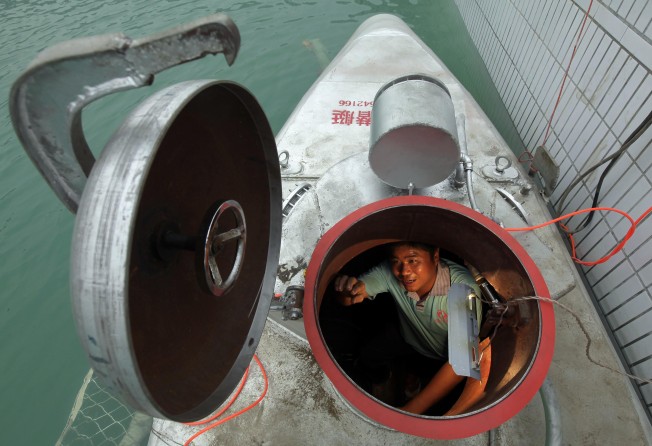Hong Kong patent lawyers get boost from China
Opportunities galore across the border amid talent shortage in a booming IP market

While Hong Kong may still lack the systems and manpower required for its quest to become the region’s trading hub for intellectual property (IP) assets, a booming demand for patent agents and lawyers in mainland China is helping the city’s professionals, industry veterans said.
The pass rate for the practical examination to become a patent lawyer on the mainland is said to have jumped to more than 50 per cent from just a few per cent a year ago.
“In the past, only a handful of our local patent lawyers passed the practical test on the mainland, but now it’s getting easier,” said Lewis Luk, president of the Hong Kong Institute of Patent Attorneys.
“I think they are really short of people, in light of the booming IP demand.”
China remained the world’s No 1 patent granter last year, approving 1.26 million applications for domestic protection – a year-on-year jump of 31 per cent – amid Beijing’s efforts to upgrade its manufacturing sector through research and development in technology.
The State Intellectual Property Office said it is set to grant two million patents a year by 2015.
Mainland inventors are also increasingly seeking patent protection outside China. The number of overseas patent applications they filed last year jumped 13.6 per cent to 18,627.
China threatens to overtake technology-savvy Germany, which had only 228 more applications than China did last year, as the world’s third-largest filer of overseas patents, after Japan and the United States.
Singapore, Shenzhen and Shanghai are all poised to take a slice of this fast-expanding market. While Hong Kong boasts an edge in the rule of law and its role as a financial hub over its mainland rivals, it lags behind Singapore in systems and manpower.
For one thing, Hong Kong does not even have a system to grant original patents, which Singapore has had for years.
The Hong Kong government set up a committee in March to enhance the city’s competitiveness in trading of IP products. It will consider steps including building a system that will allow Hong Kong to grant patents first hand.
At present, patent applicants in Hong Kong must have their applications examined by patent offices in places such as Britain, Beijing or Europe.
But with not enough professionals to do the job, Luk said, Hong Kong should consider outsourcing most of the assessment work to patent offices on the mainland.
... by incorporating China’s patent office from the start, it would be easier for us to grant a patent that eventually will also be recognised by China
“An applicant seeking a patent for his invention in Hong Kong probably also needs such protection on the mainland,” he said.
“So, by incorporating China’s patent office from the start, it would be easier for us to grant a patent that eventually will also be recognised by China.”
Kwong Chi-keung, president of the Asian Patent Attorneys Association, said the suggestion resembles the model adopted by Singapore and is preferable for a place that is still developing systems and manpower for the service.
But Hong Kong may already be falling behind its rivals in the IP stakes.
Shenzhen, for instance, launched Asia’s first exchange for trading technology patents last year.
The Trade Development Council said it would launch Hong Kong’s first online trading platform for IP assets early next month. The system will contain more than 20,000 patents and trademarks from 25 countries.
Although no one can put a price tag on the size of the industry, a single invention could entail up to 30,000 patents – each with potential to trade on the open market for up to millions of US dollars.
And patents make up just a fraction of the IP world: trademarks, franchises, designs and commercial secrets – from the recipe of a herbal medicine to the client list of a company – may all be up for sale.